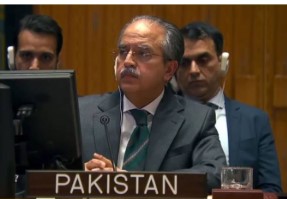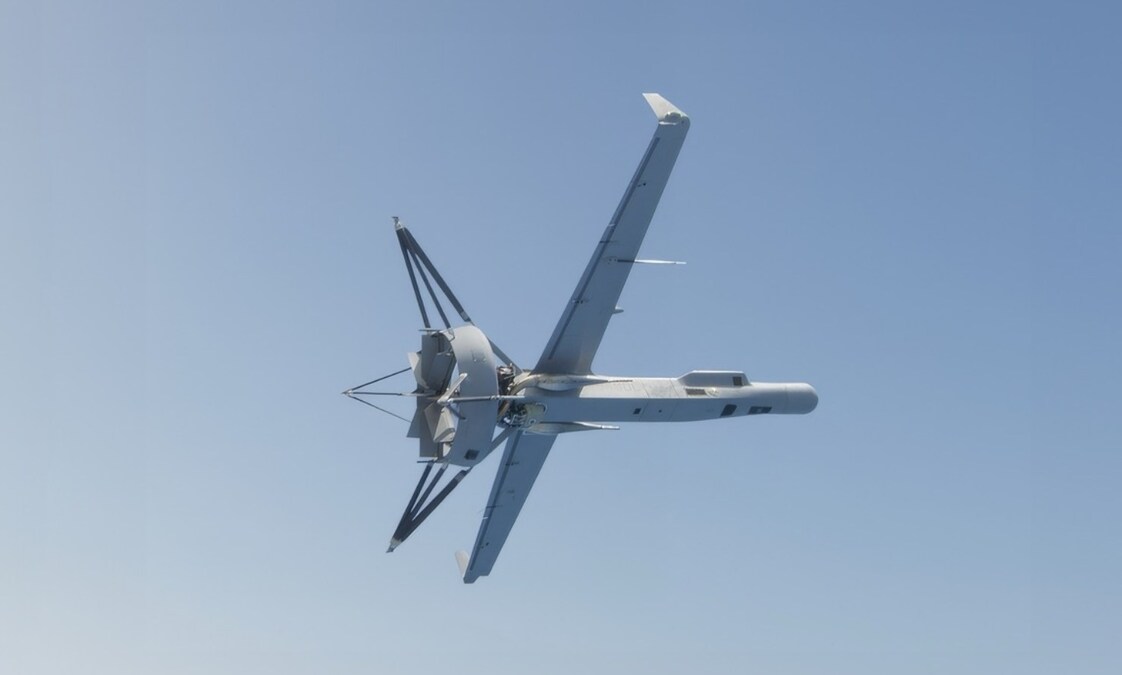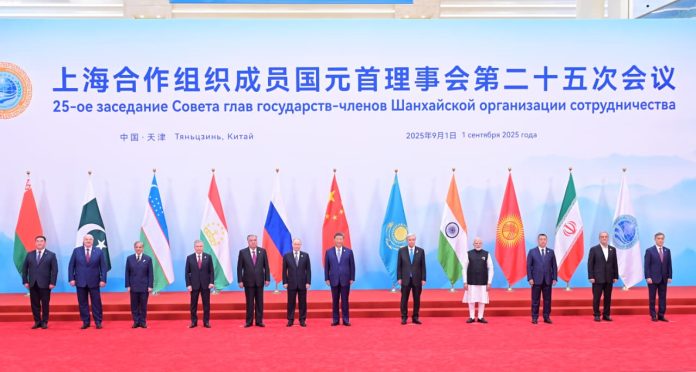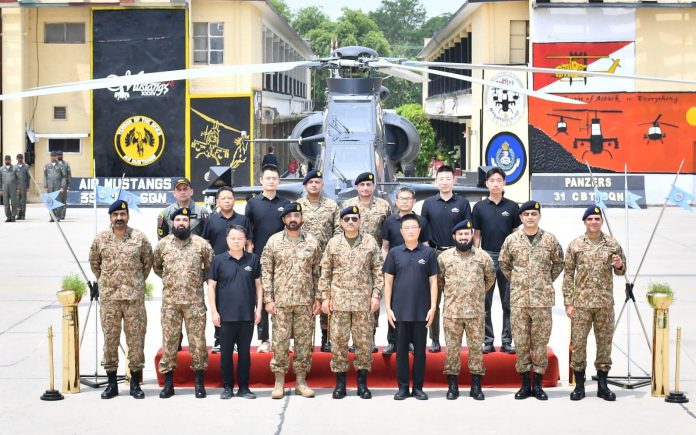
Pakistan Urges UN Action on Military AI Threats, Reaffirms Commitment to Nuclear Disarmament
- Diplomatic News
- April 9, 2025
- No Comment
Pakistan Urges UN Action on Military AI Threats, Reaffirms Commitment to Nuclear Disarmament
Pakistan has sounded the alarm over the rising security risks posed by the military use of artificial intelligence (AI), calling on the United Nations to take a leading role in shaping a global response to these emerging threats.
Addressing the United Nations Disarmament Commission (UNDC) during its 2025 General Debate, Pakistan’s Permanent Representative to the UN, Ambassador Asim Iftikhar Ahmad, warned that the unchecked development and deployment of autonomous weapons systems and military AI technologies could fuel new arms races and threaten global peace and security.
“The scale, scope, and novelty of AI’s military applications demand a comprehensive, multilateral approach,” Ambassador Asim emphasized. “The United Nations must play a central and inclusive role in developing frameworks that address the ethical, legal, operational, and strategic challenges posed by AI in warfare.”
UN Platform Best Positioned to Lead Multilateral AI Governance
Ambassador Asim highlighted the importance of inclusive global cooperation, stressing that fragmented or selective approaches to military AI governance would undermine efforts to establish effective regulations. He called the UN the most legitimate and universally accepted platform for equitable discussions among all member states.
He also warned that autonomous weapons systems, if left unregulated, could operate without human accountability, raising profound concerns under international humanitarian law and threatening the balance of regional and global security.
Nuclear Disarmament Still a Top Priority
Turning to nuclear disarmament, Pakistan reiterated that it remains the foremost agenda item for the UN Disarmament Commission since its creation. Referring to the First Special Session on Disarmament (SSOD-I) held in 1978, Ambassador Asim lamented the global stagnation in nuclear disarmament efforts.
“Instead of disarmament, we are witnessing unprecedented military spending and nuclear modernization programs,” he said. “This technological arms race, compounded by geopolitical rivalries, is pushing the world further from disarmament goals.”
Ambassador Asim also criticized the discriminatory policies of certain states in the nuclear sphere, arguing that such double standards continue to undermine trust and hinder meaningful progress.
Call for Equitable Arms Control and Security Assurances
Pakistan proposed a series of measures to reinvigorate disarmament efforts, including:
- Reaffirming the equal security rights of all states within arms control frameworks
- Renewed commitment from nuclear-armed states to honor their legal and political obligations
- Establishment of a universal, legally binding treaty to protect non-nuclear states from nuclear threats
- Addressing root causes of armament, such as power asymmetries, unresolved conflicts, and perceived threats
Ambassador Asim reaffirmed Pakistan’s longstanding support for the work of the UNDC and its active engagement in multilateral disarmament diplomacy.
Transition of UNDC Leadership
During the opening of the 2025 UNDC session on April 7, Ambassador Usman Iqbal Jadoon, Pakistan’s Deputy Permanent Representative to the UN, formally handed over the chairmanship of the Commission to Paraguay’s representative. Ambassador Jadoon had led the body for the past year, overseeing its three-week substantive session in April 2024.







